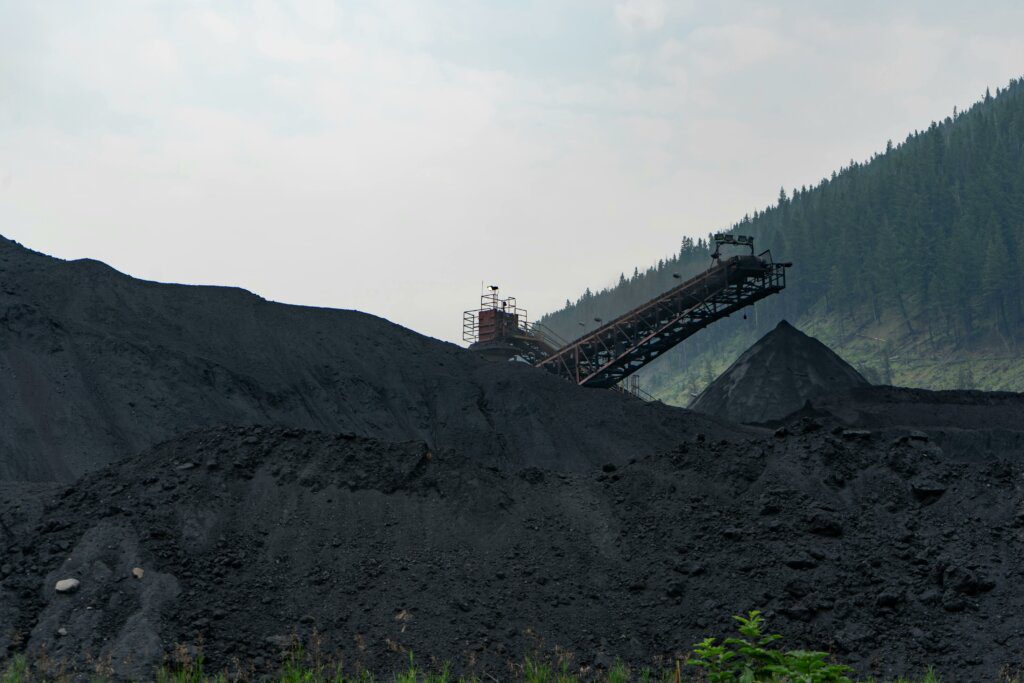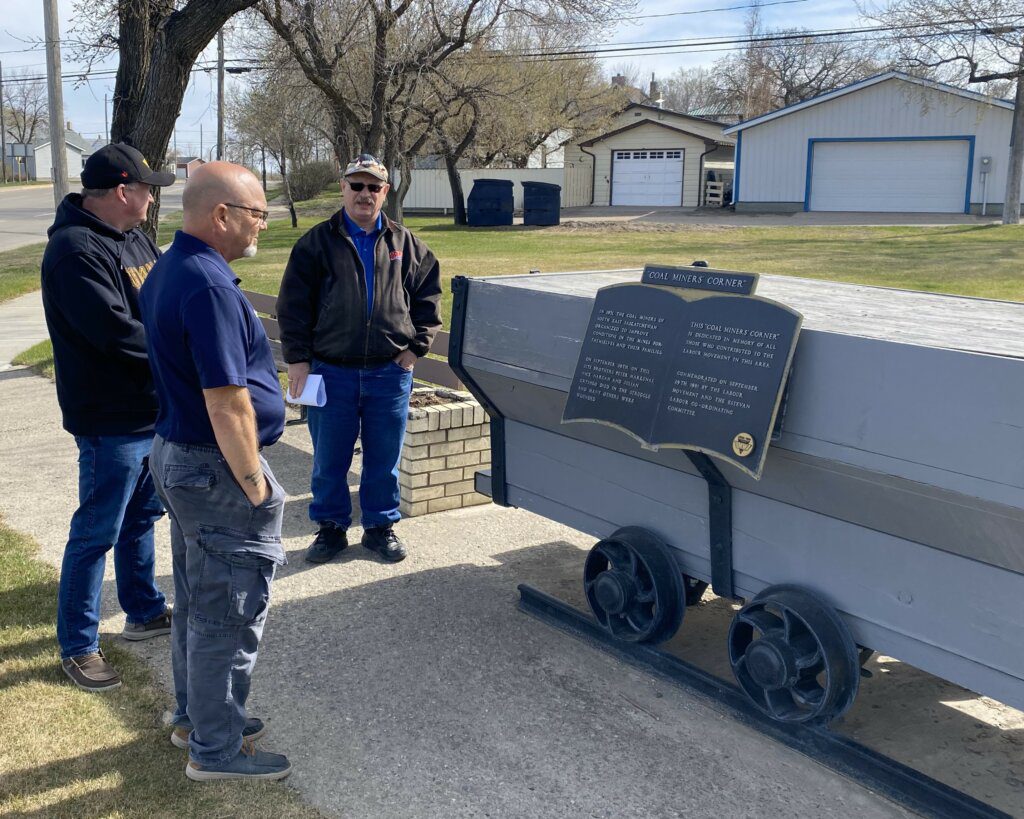Source: WBOY Channel 12
May 31, 2024
UMWA rescinds endorsement of Mon County commissioner’s reelection campaign
MORGANTOWN, W.Va. (WBOY) — The United Mine Workers of America (UMWA) has rescinded its endorsement of Monongalia County Commissioner Tom Bloom’s November reelection bid.
According to a news release from the UMWA and the Monongalia Area Council of the Coal Miners Political Action Committee (COMPAC), the decision is in response to Bloom’s recent seconding of a motion that the union claims denied employees in the Monongalia County Assessor’s Office the ability to vote on organizing under the UMWA’s umbrella.
On May 22, Bloom seconded a motion to approve a letter to the UMWA which rejected the union’s request that commissioners pass a resolution in support of a unionization vote.
“Bloom allowed language and tactics reminiscent of union-busters to be used without challenge during a Commission meeting,” said International District 31 Vice President Michael Payton. “This decision goes against the principals that the UMWA stands for and the values it upholds.”
In a written response emailed to 12 News, Bloom said: “It is important for the citizens of Monongalia County to know that I have not heard from any workers in the Assessor’s office about their concerns, issues or wanting to organize a union. The UMWA was asking us (the Commission) to call for a vote rather than the employees who supposedly want to be represented.”
In the letter commissioners addressed to Payton on May 22, Commissioner Sean Sikora wrote: “It is the opinion of this commission that employees in the Monongalia County Assessor’s office can choose for themselves to support a union, but we do not agree that having an intervening third party represent the employees is in the best interest of our employees, nor would it be beneficial to the overall governance of Monongalia County.”
“The County Commissioners have taken a stand that the employees from the assessor’s office have the right to take a vote at any time to form a union,” said Bloom in his written statement. “UMWA leadership and I might have to agree to disagree in this instance, but overall, my record in fighting for our employees and support of employee rights is clear and speaks for itself.”
Bloom said he did not request the UMWA’s endorsement.
“On March 26th, I received an endorsement letter with no monetary funds. I did not interview them or request an endorsement. I have not received any other information at this time,” Bloom’s statement said.
Bloom, a Democrat, ran unopposed in the May primary election and is seeking a third term as a county commissioner. He faces Republican MaryAnn Folz in the November general election.
Written By: Eric Minor



















